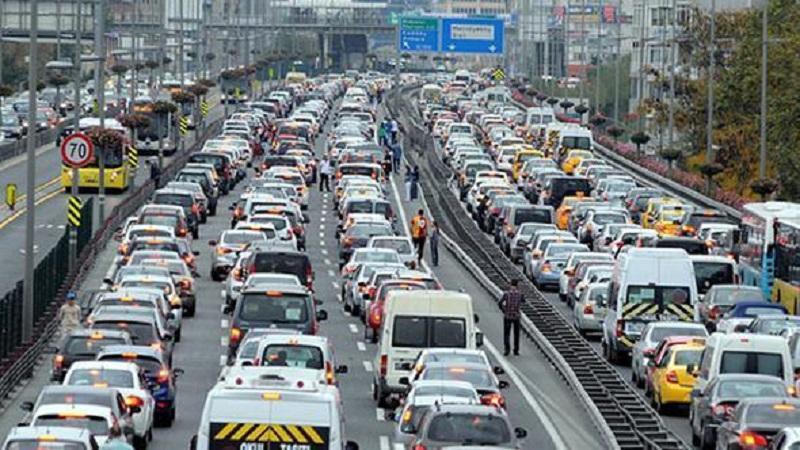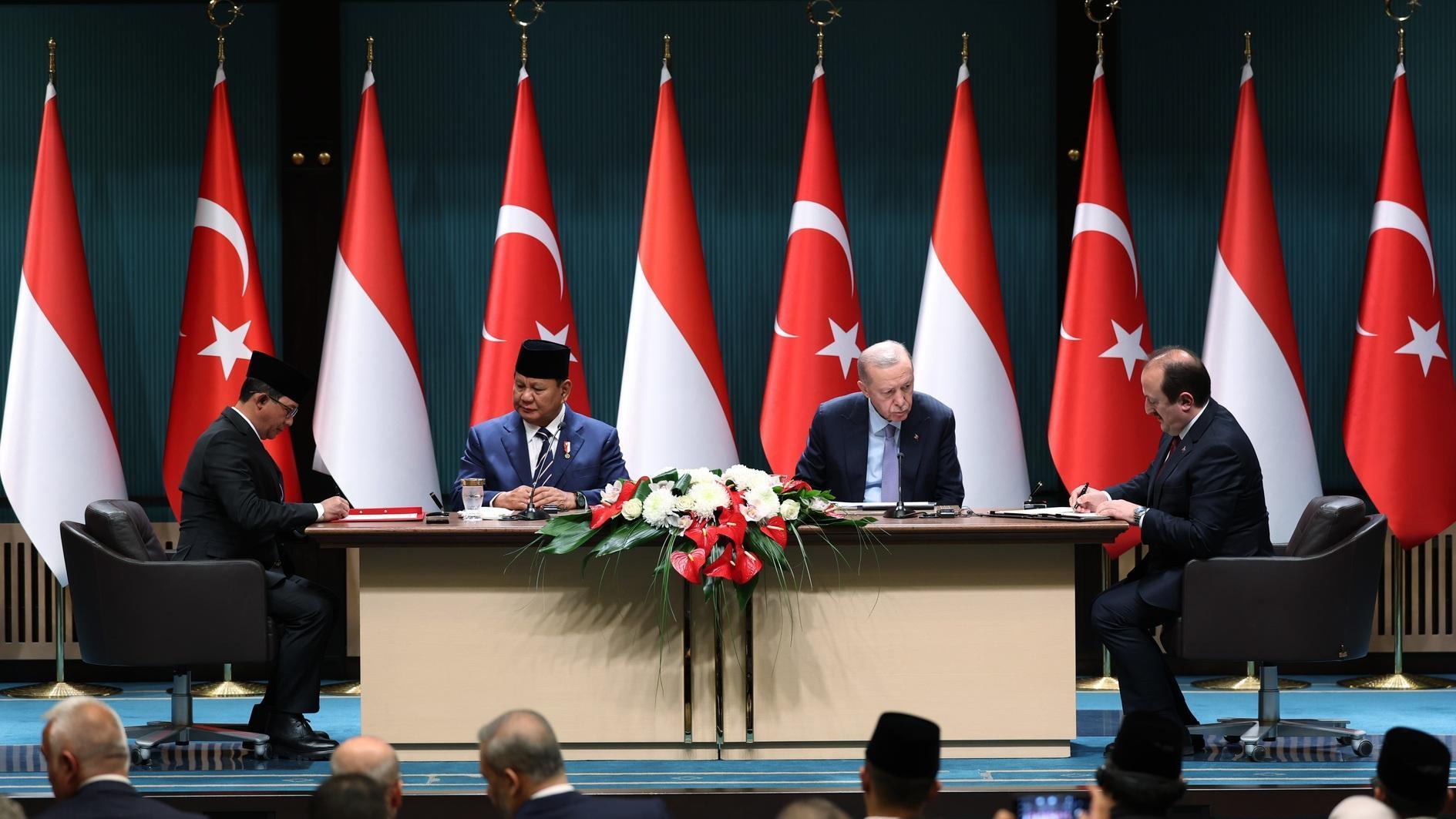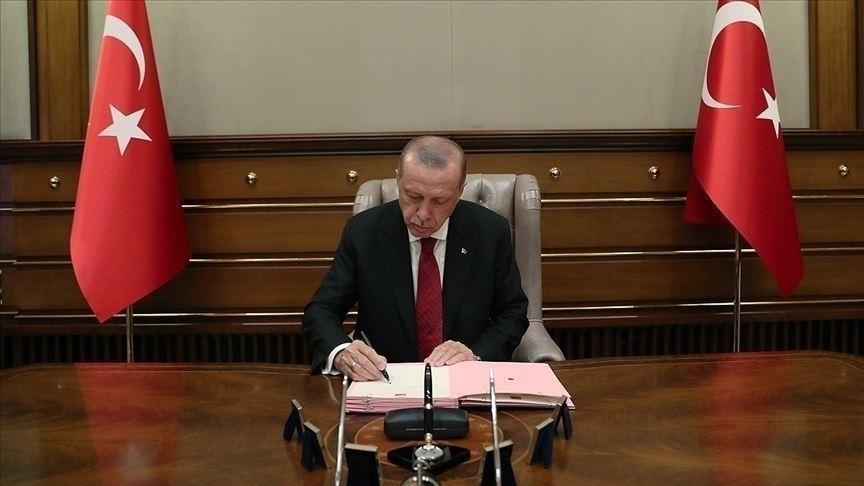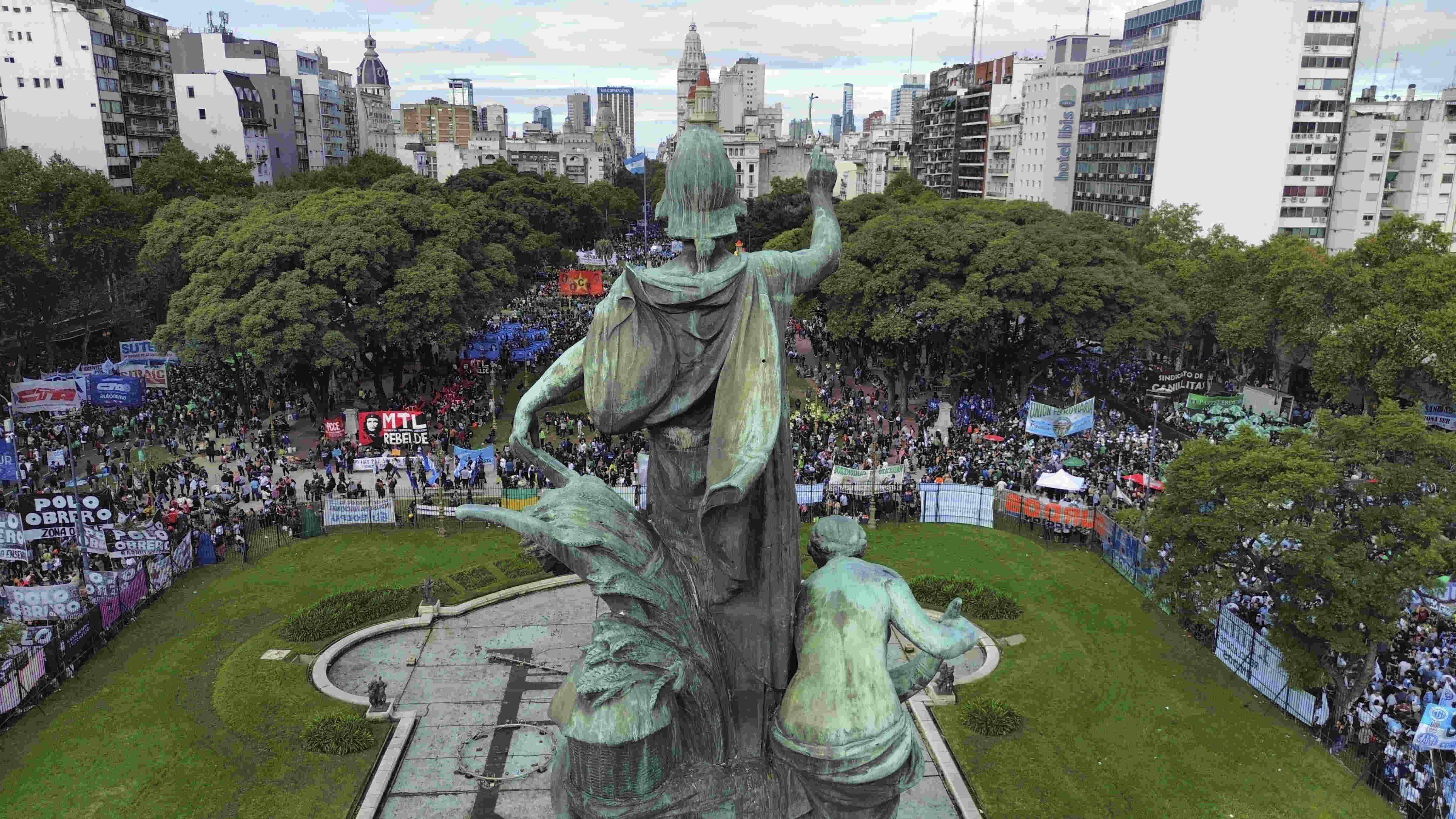Traffic congestion down 17 percent in Istanbul
ISTANBUL

The traffic congestion level in Istanbul, Turkey’s largest city, declined to 49 percent in 2016 from 62 percent in 2013, according to an official from the Istanbul Municipality.
“The decline in the city’s traffic congestion was possible because of the infrastructure projects by the government and smart transport systems of the municipality,” said Mustafa Sünnetçi, deputy head of the municipality’s transportation authority.
“Figures from GPS maker TomTom, and Inrix, which provides traffic data, prove the decline in the city’s congestion,” Sünnetçi told state-run Anadolu Agency.
“This has happened despite the fact that the city’s population has been on the rise and the number of the vehicles on the streets has been increasing,” he said.
He noted that the megacity’s population increases by 1.65 percent each year while the number of vehicles in Istanbul rises 4.5 percent annually.
“Given those figures, the traffic congestion should have increased. But it did not happen. On the contrary, the traffic runs even smoother compared to the previous years,” he added.
Istanbul ranked second most congested city in TomTom’s traffic index in 2013, but in 2016 it ranked sixth, according to Sünnetçi.
Roads and intersections built by the municipality help reduce the traffic congestion, he said, adding that the major government projects such as the Yavuz Sultan Selim Bridge, which is one of the three bridges over the Bosphorus Strait, the Eurasia Tunnel, a road tunnel which connects both sides of Istanbul, and the Marmaray rail system also ease heavy traffic.
According to data from TomTom, the morning peak congestion level in Istanbul is 63 percent while the corresponding figure for evening peak is 91 percent. The traffic congestion on the city’s high ways and roads is 70 percent and 43 percent, respectively.
The data also showed that the city’s road network distance is 18,178 kilometers, including 387 kilometers of highways and 17,790 kilometers of non-highways.
Inrix’s Traffic Scoreboard suggested that drivers in Istanbul spent 59 hours in peak hour congestion in 2017.
















